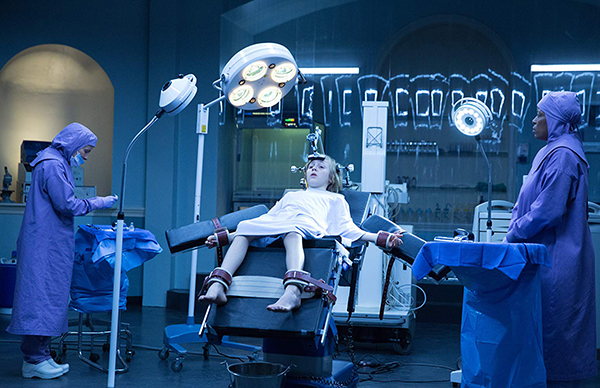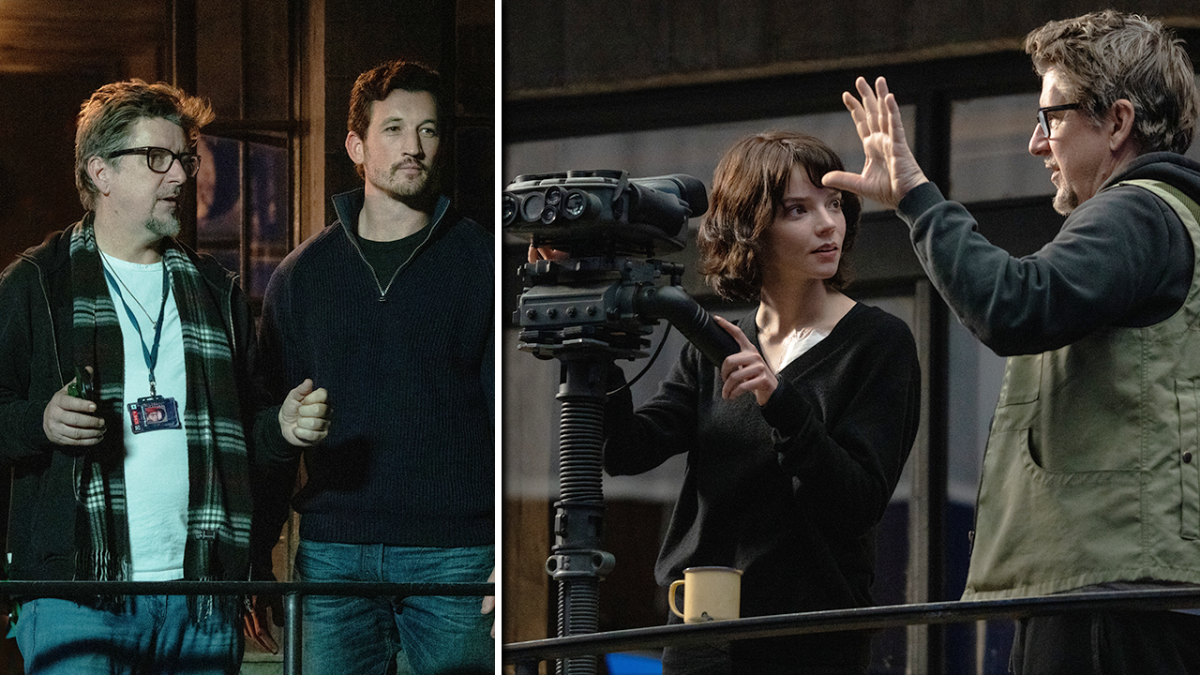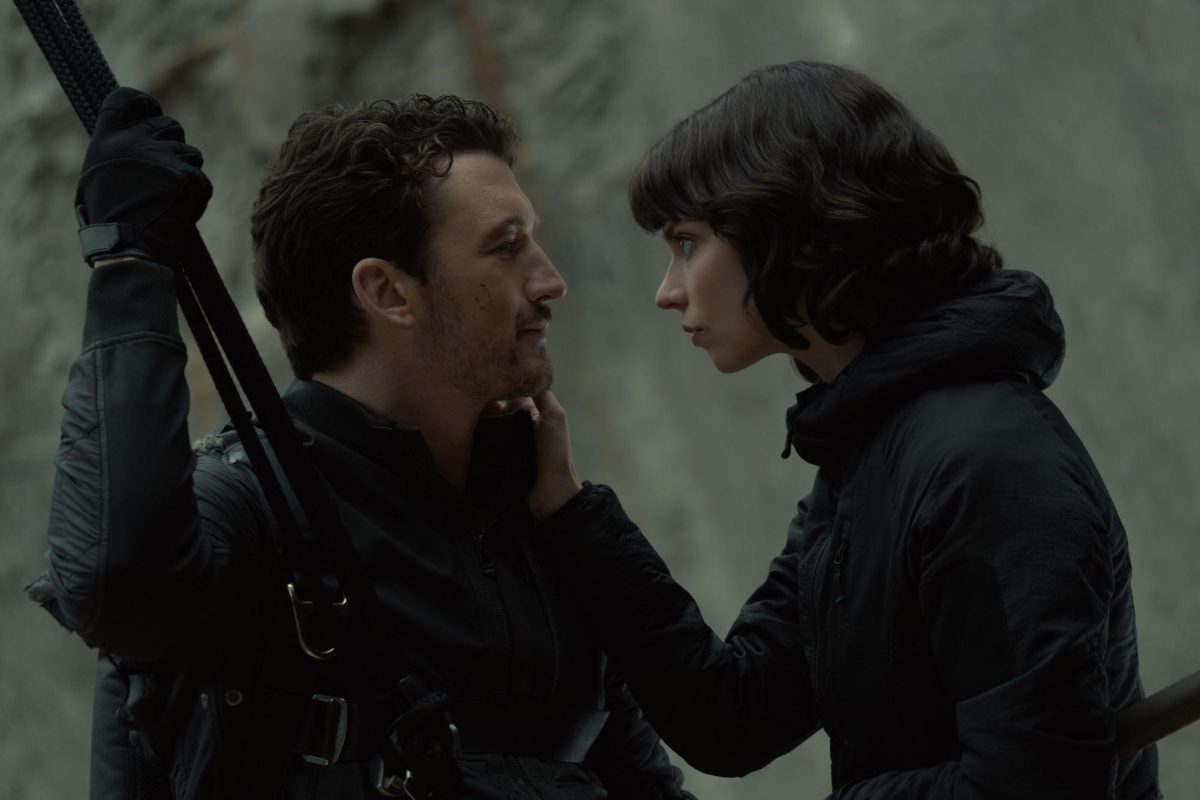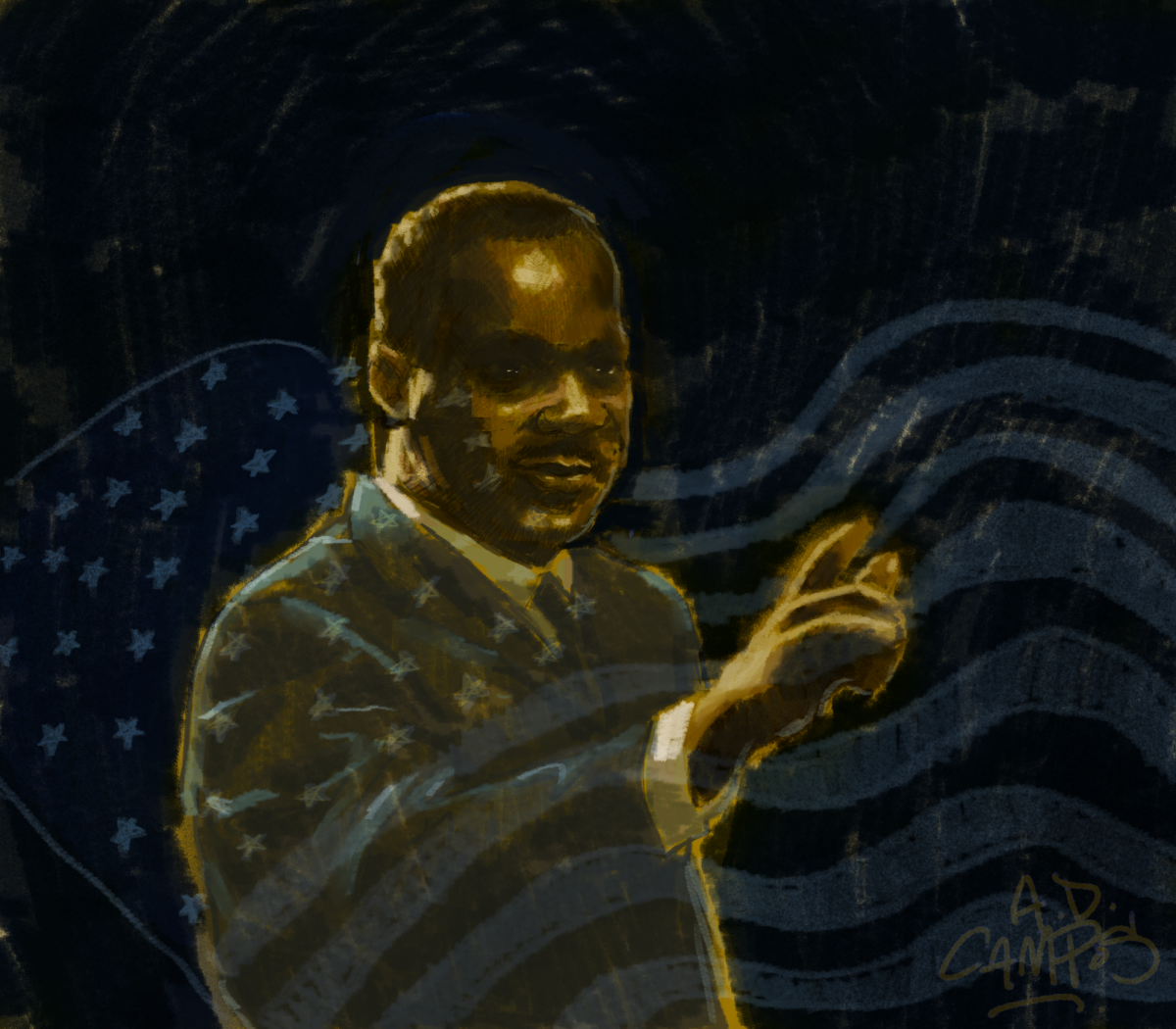Some films are so bad, they’re good. Netflix’s new horror “Eli” fails to even meet this bar.
“Eli” has all the potential to be the emotionally-charged, original horror film of this Halloween season. Directed by Ciarán Foy (Sinister 2), the film follows 11-year-old Eli as he’s quarantined in a doctor’s large Victorian house in a desperate attempt to cure his mysterious autoimmune disease. However, the film buckles under the weight of too many horror clichés and the result is a kitschy, generic scary movie that flounders and then fails to pack a spooky punch.
Screenwriters David Chirchirillo, Ian Goldberg and Richard Naing cram so many horror tropes into a measly 90 minutes that the result is a dizzying ping-pong, from haunted house jump scares to “Saw”-esque medical body horror to family drama.
A lot is asked of Charlie Shotwell, the young actor who plays Eli. As the focal point in almost every scene, Shotwell appears to do his best to convincingly portray a youngster whose life is dictated by the demands of his illness. Unfortunately he, like the rest of the characters in the film, isn’t given much to work with in terms of character development and his performance settles somewhere around average. It’s hard to shake the feeling that Shotwell is only saying his lines because it’s his job.
The script makes little to no effort to create a background for its characters. So much is withheld about their past, their hobbies and the other relationships in their lives that the audience is left with two-dimensional figures: sick kid, desperate mom, serious doctor. As a result, the moments when the film asks the audience to sympathize with the character’s emotional hardships fall flat.
In scenes of intensity, actors default to one action: screaming lines. All nuance is thrown to the side when the stakes are turned up high and, as a result, moments that could have been moving or elicited captivating performances instead regress to a screaming match — like when Eli is begging his parents to explain why he has to progress to the next stage of treatment, despite feeling sicker than he did when he arrived.
To its credit, the narrative attempts something both original and ambitious in the final 20 minutes. The screenwriters manage to pull off a conclusion to the narrative that will most likely surprise the audience and satisfy those looking for impressive visual effects, but to ask viewers to wade through the previous 1 hour and 10 minutes of cliché and silliness is perhaps too tall an order.
The first three quarters of the film trundle along at such a frustratingly slow pace, crammed with horror tropes and predictable plot turns, that I almost wish it was me, instead of Eli, who took a drill to the brain.





















